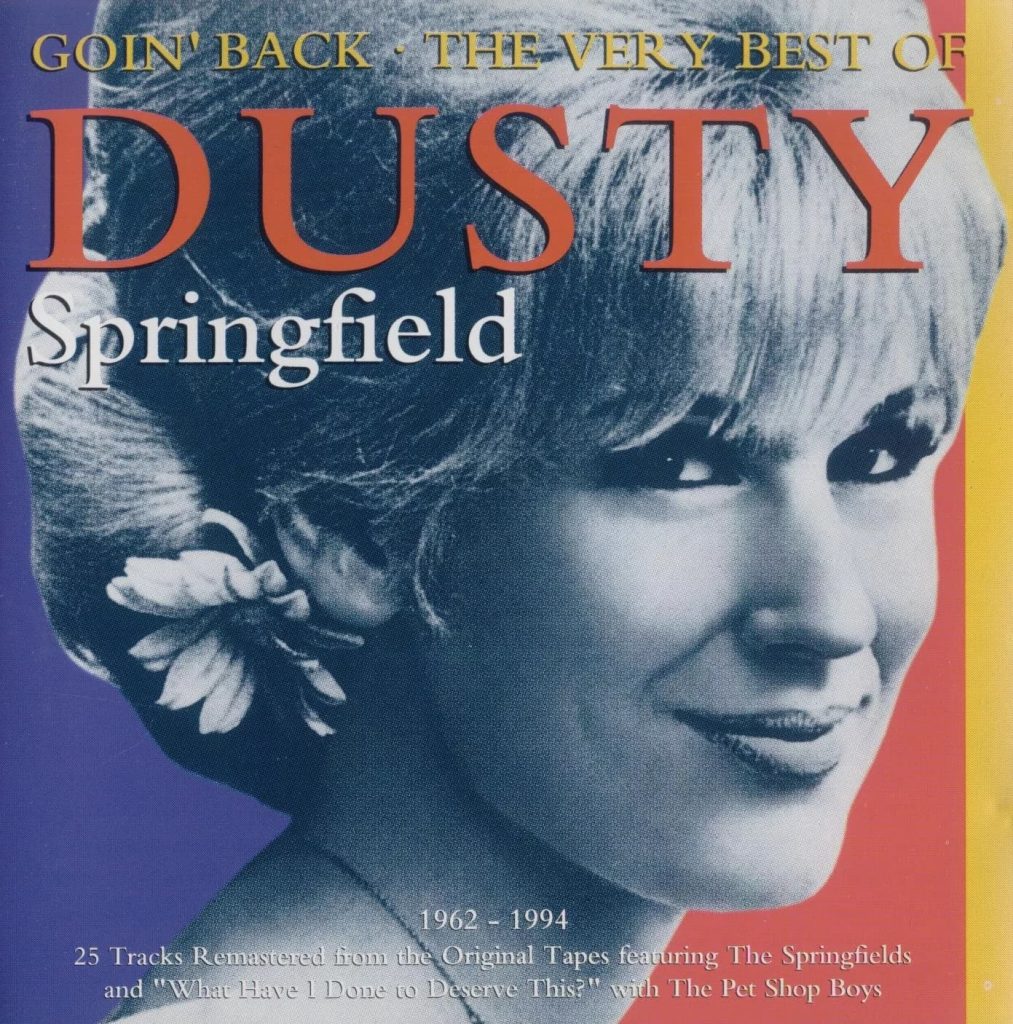
Dusty Springfield – Spooky
“Spooky”, performed by the ever-soulful Dusty Springfield, is one of those timeless tracks that captures the playful, flirtatious vibe of the late 1960s. Released in 1970 on her album Dusty in Memphis, her rendition of “Spooky” became an instant classic, showcasing her ability to seamlessly blend sultry vocals with a laid-back groove. Though the song was originally an instrumental by saxophonist Mike Sharpe (also known as Mike Shapiro) in 1967 and later turned into a vocal version by Classics IV in 1968, Dusty Springfield gave it her signature touch, making it both her own and a standout interpretation.
The song’s lyrics revolve around the charming mystery of a love interest who is “spooky” in the most endearing way possible. The lighthearted and teasing narrative speaks to the unpredictability of romance—where the object of affection keeps the protagonist guessing, never quite revealing their true intentions. Lines like “Love is kinda crazy with a spooky little boy like you” encapsulate that thrilling tension that comes with the uncertainty of love. Dusty delivers these lines with a sultry confidence that draws you in, making the listener feel as if they’re right there in the middle of this charming game of cat and mouse.
Musically, “Spooky” is built on a smooth, jazzy groove that’s irresistible. The song’s bassline and light percussion give it a relaxed, yet infectious rhythm that’s impossible not to sway to. The use of subtle horns and guitars creates a perfect backdrop for Springfield’s alluring voice. Her vocal performance is effortlessly cool—she never over-sings, allowing her natural charisma to carry the song. There’s a whispery quality to her delivery, as if she’s letting you in on a secret, which enhances the song’s overall mood of playful seduction.
One of the most remarkable aspects of “Spooky” is how well it captures the essence of Dusty Springfield as an artist. Known for her ability to blend elements of soul, pop, and jazz, Dusty had an innate ability to take a song and make it completely her own. Her version of “Spooky” is no exception—it’s smooth, sultry, and oozing with charm. With this track, she perfectly balances the lightheartedness of the lyrics with the smoky allure of her voice, creating a track that feels timeless yet distinctly rooted in the era.
Though “Spooky” wasn’t one of Dusty Springfield’s highest-charting singles, it remains a fan favorite and a staple in her discography. Her ability to breathe new life into a song originally popularized by a rock band speaks to her versatility as an artist. Dusty was always one to challenge the norms, and with “Spooky”, she took what could have been a straightforward pop track and infused it with her signature blend of sophistication and sensuality.
The song also highlights Dusty’s impeccable phrasing and emotional nuance. She doesn’t just sing the words—she teases them, letting each line unfold with just the right amount of playful suspense. The way she handles the refrain “love is kinda crazy with a spooky little boy like you” is a perfect example of her talent for turning simple lyrics into something much more meaningful. In her hands, those words become a tantalizing confession, full of both curiosity and affection.
Overall, “Spooky” remains a shining example of Dusty Springfield’s artistry. It’s a fun, flirty track that shows off her vocal range, while also highlighting her unique ability to interpret a song with both emotional depth and stylistic flair. Even today, decades after its release, the song retains its charm and continues to enchant listeners with its smooth, jazzy vibe and Dusty’s captivating performance.
For fans of 1960s and 1970s pop-soul, “Spooky” is a must-listen. It captures that era’s blend of carefree romanticism and groovy musical experimentation, all wrapped up in Dusty Springfield’s effortlessly cool style. Whether you’re revisiting the track or discovering it for the first time, “Spooky” is a song that’s bound to leave you with a smile—and perhaps a little curiosity about that “spooky” someone in your own life.